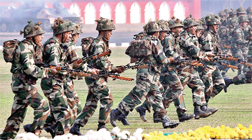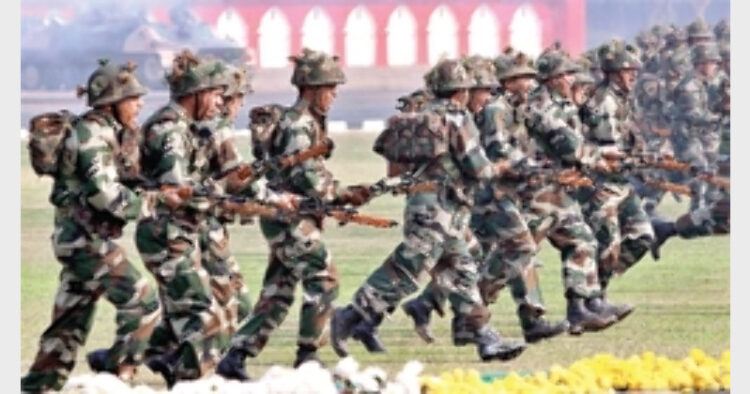 It is widely perceived and correctly so that the success of the Bhartiya Janata Party (BJP) in the elections and its rise to power was facilitated, to a great extent, by the media. The success of this media blitzkrieg was not so much so due to the proactive efforts of the BJP as it was due to the numbness and inactivity of the Congress party. Having learnt a hands-on lesson on the importance of media, the BJP is bound to leverage the advantage to the maximum extent possible. One can expect all instruments of state to be forthcoming with information on a real time basis.
It is widely perceived and correctly so that the success of the Bhartiya Janata Party (BJP) in the elections and its rise to power was facilitated, to a great extent, by the media. The success of this media blitzkrieg was not so much so due to the proactive efforts of the BJP as it was due to the numbness and inactivity of the Congress party. Having learnt a hands-on lesson on the importance of media, the BJP is bound to leverage the advantage to the maximum extent possible. One can expect all instruments of state to be forthcoming with information on a real time basis.
The media machinery of the Ministry of Defence has been in hibernation for almost a decade now. It seems that its mandarins have convinced themselves about the benefits of hiding behind a cloak of official secrecy and have perfected the art of maintaining a regal silence. The attitude permeated from erstwhile Defence Minister AK Antony and has found favour with the subordinates right down to the service level. Even the service chiefs have not been forthcoming in keeping the nation informed and assured about the health of national security.
But it appears with the change of guard, there is going to be a perceptible shift in policy. The statements that have started emanating from the highest level are quite encouraging. Prime Minster Narendra Modi has made public his resolve to address the shortfall of weapons and equipment on a war footing. Defence Minister Arun Jaitley on the other hand has been issuing comprehensive statements during his visits to forward areas and defence establishments.
Because communication has been integral to the planning of wars, across the world, in the modern context too communication and media play a pivotal role in conflicts- they infact are force multipliers whose effective use can even turn the fortunes of war.
When the US says that attacking Iraq or Afghanistan is necessary, the world agrees, when it says that a drawback is the right thing to do again the world agrees. Many would suggest the agreement comes by due to the dominant status of the country as a world power; this however, will not explain away the robust support of the American public to the decisions that are taken. The big reason is the massive perception management effort put in to garner national and international support for a state policy already decided upon. The action taken is projected in manner that makes it seem to be the only worthwhile course of action available. This is a good example of how perceptions are managed in the realm of security.
The going jargon on this subject is “Information warfare.” Information warfare involves seeking of information on the entire spectrum of conflict and using it to achieve set objectives. Media is considered to be an effective tool in this process; useful not only for acquisition of information but also its dissemination in a manner that assists in “shaping the environment”.
Armed forces across the world know this concept; it is the application which differs. For example, while the US achieves massive results, India, despite having the machinery, the knowledge and more importantly the need, has failed to optimise the resource. It is for this reason that despite doing a phenomenal job in countering terrorism in Jammu and Kashmir and restoring the sovereignty and territorial integrity of the nation, the army and the government have not been able to convince all in the country, let alone the world, about efficacy and resounding success of the effort put in.
The reason why it’s has not spelt disaster for the country is the unimpeachable faith that citizens of this country have in its soldiers.This is a welcome situation but is also fraught with danger; a wholly emotional bond breaks with time if it is not strengthened with rationality. What would happen if the people due to lack of information supplemented with disinformation get to believe that they were wrong in their opinion about the Indian armed forces and that they have been let down.
To prevent this from happening, a fair degree of reinvention and restructuring will be required to get the dormant information machinery of the ministry of defence and the service headquarters rolling to energise information spectrum to help manage conflicts. The first step is of course looking at media as a friend and force multiplier rather than the biggest enemy. With this conviction in place the next step would be to create the necessary structures that send out information which is honest, transparent and conducive to the service and national interest.
-Jaibans Singh ?(The writer can be contacted at [email protected])
?














Comments